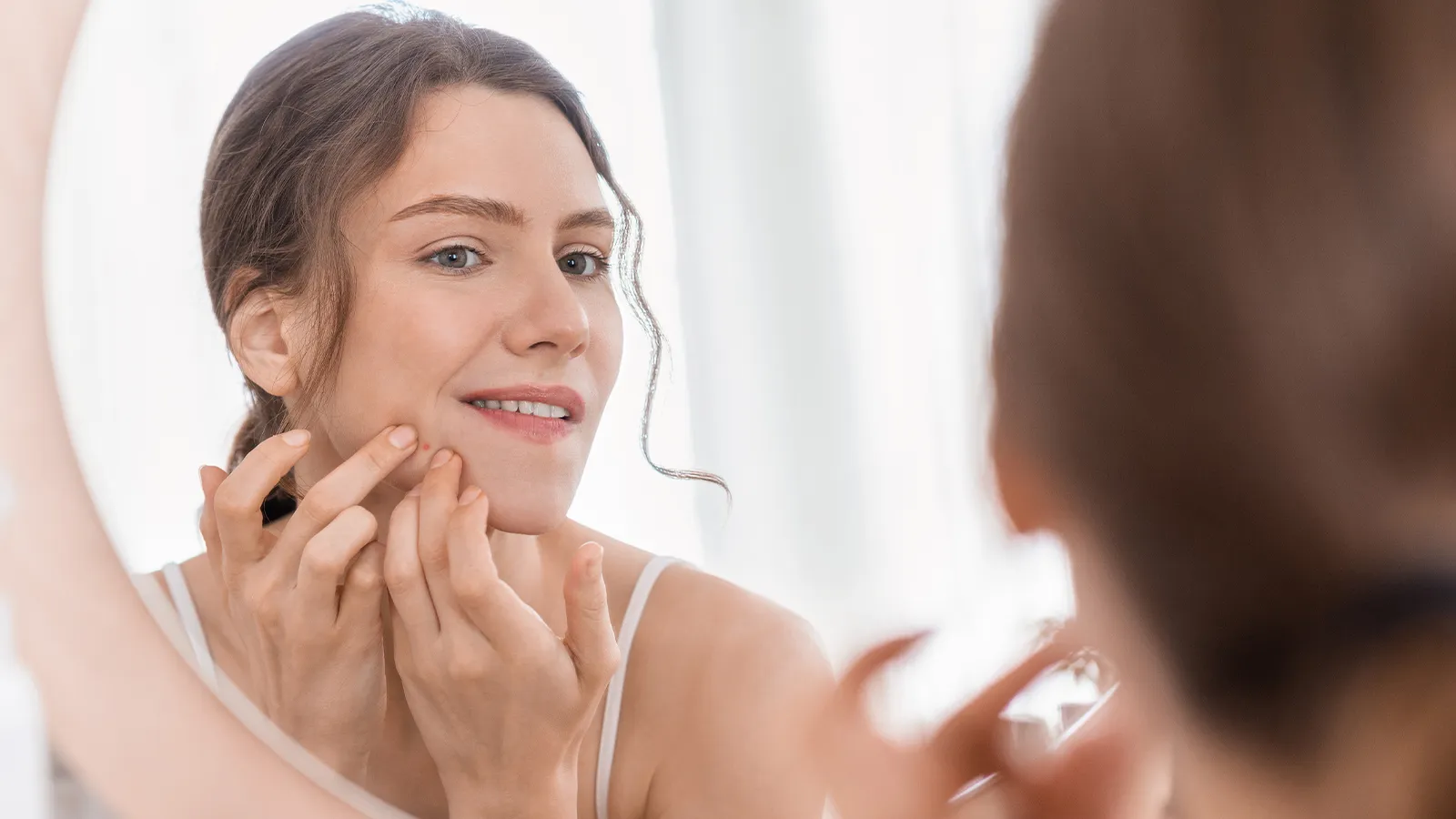Introduction:
With summer just around the corner, sunscreen becomes an essential part of our daily skincare routine. As we strive to protect our skin from the harmful effects of the sun, it’s important to be knowledgeable about the ingredients in our sunscreens. One widely used ingredient that deserves our attention is avobenzone. In this article, we will explore the safety of avobenzone as a sunscreen ingredient and delve into the research to help you make informed decisions about your sun protection.
The Role of Avobenzone in Sunscreen:
Avobenzone is a chemical compound commonly found in sunscreens, particularly those with broad-spectrum protection. Its primary function is to absorb UVA rays, which are known to penetrate deeper into the skin and contribute to skin aging and potential skin damage. Avobenzone is valued for its ability to provide effective UVA protection and is often combined with other sunscreen ingredients to enhance overall sun protection.
Stability and Photostability Concerns:
One of the key factors when evaluating the safety of sunscreen ingredients is their stability and photostability. Avobenzone has been a subject of concern due to its potential to degrade when exposed to sunlight. Without proper stabilization, avobenzone can lose its efficacy and fail to provide the desired UVA protection. To address this issue, sunscreen formulations often incorporate stabilizing agents or combine avobenzone with other UV filters to maintain its stability.
Skin Sensitivity and Allergic Reactions:
While avobenzone is generally well-tolerated by most individuals, some people may experience skin sensitivity or allergic reactions to this ingredient. It is important to note that individual reactions can vary, and what may cause irritation in one person may not affect another. If you have a known sensitivity to avobenzone or have experienced skin reactions in the past, it is advisable to choose alternative sunscreens that do not contain this ingredient.
Potential for Hormonal Disruption:
Another aspect of concern surrounding avobenzone is its potential for hormonal disruption. Some studies have suggested that avobenzone, like other chemical sunscreen filters, may have the ability to interfere with hormone function in the body. However, it is important to note that the current evidence on the hormonal effects of avobenzone is limited and inconclusive. Further research is needed to provide a clearer understanding of any potential risks associated with hormonal disruption.
Choosing the Right Sunscreen:
When selecting a sunscreen, it’s important to consider your individual needs and preferences. If you have concerns about avobenzone or have experienced adverse reactions in the past, there are alternative options available. Look for sunscreens that use physical blockers like zinc oxide or titanium dioxide, which work by reflecting and scattering UV rays rather than being absorbed into the skin. These mineral-based sunscreens are generally considered safe and may be a suitable choice for those with avobenzone sensitivities.
Consulting with a Dermatologist:
If you have specific concerns or questions about avobenzone or any other sunscreen ingredient, it is always advisable to consult with a dermatologist. They can provide personalized recommendations based on your skin type, sensitivities, and sun protection needs. A dermatologist can help guide you towards sunscreen options that align with your skin health and safety concerns.
Conclusion:
Avobenzone plays a crucial role in protecting our skin from UVA rays, but it is important to be aware of its potential limitations and sensitivities. While avobenzone is generally considered safe for most individuals, those with known sensitivities or concerns may choose to explore alternative sunscreen options. As with any skincare decision, being informed and consulting with a professional can help you make the best choices for your skin’s health and well-being.











